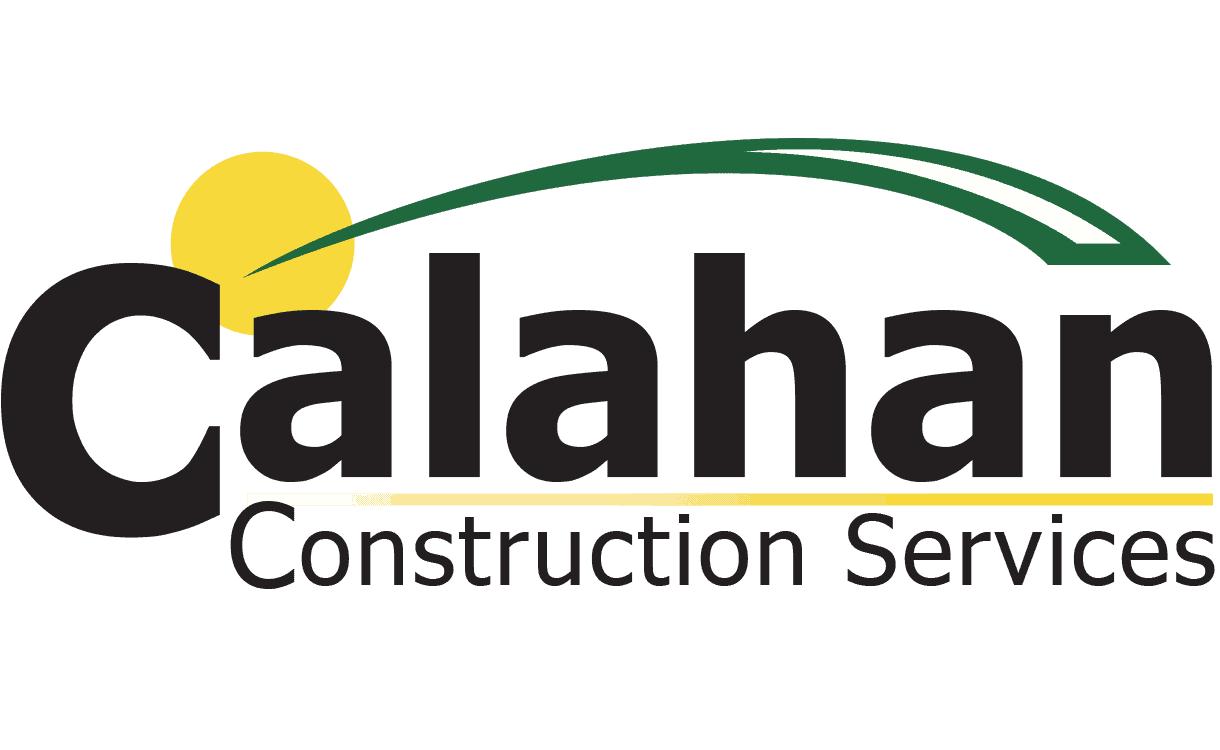Every good business owner knows executing a successful project is heavily reliant on your planning. Construction is no different, and commercial buildings don’t just appear out of thin air. Ground-up construction refers to taking an underdeveloped piece of land and creating foundations, walls, and structural elements from scratch.
Building from the ground up requires thorough planning, knowledge, and craftsmanship. Though the size and nature of the projects may vary, the process itself generally stays consistent. Below are a few of the typical steps in the ground-up construction process.
Common Steps In The Ground-Up Construction Process
The first step in the construction of a new office building is finding the right location, architects, and construction firm. Investing in ground-up construction is a significant investment, and you want to be sure you’re partnering with the right companies.
Pre-Design
When you find your construction team, you’ll start the pre-design process. You’ll explain your ideas and vision for the project while they consider relevant information to create a well-informed construction plan.
Design
Once a plan is created, the project moves into the design phase where the brainstorming begins. The architects and engineers will align your project goals with your budget. Your project’s size and complexity will help determine a timeframe.
Once completed, the engineers assess your project feasibility. Detailed construction documents are created and sent for approval, while minute details such as material choices, colors, and sizes are discussed to alleviate ambiguities later.
Pre-Construction
From there, the process moves into pre-construction, where full-fledged project management procedures get implemented. The deadline for any associated vendors is generally during this phase, and subcontractors will often submit their quotes for review to assist with ground-up construction.
Your construction company should also begin the process of starting any inspection reports, permits, or insurance covers. Most ground-up development projects require city approval before beginning any construction projects.
A constructability review is also completed, addressing the real estate for any health hazards or issues. These issues can cause delays or impact the building’s overall cost, so it’s vital to find them early.
Procurement
After all potential issues are addressed, the project moves into the procurement stage. Your General contractors should purchase all essential materials and equipment. Ideally, they should have a list of trusted vendors that meet your quality and cost expectations.
Choosing a contractor with established vendor relationships is imperative for ensuring all your materials arrive on time and your ground-up construction runs smoothly. They should make provisions allowing vendor vehicles to arrive and depart without issues.
All legal requirements are usually procured during this stage as well. Your contracting company should obtain any necessary building permits and hire any laborers. During this stage, job allocations and salaries are often planned to minimize any unforeseen expenses down the road.
Construction
After all legal matters are accounted for and the specific construction team is assigned, the actual construction phase finally begins. The contractors should update you and your stakeholders on the schedule, costs, and any issues during this time. Their team will conduct a site clearance and lay down the foundation per your previous construction plans. Once in place, the superstructure is built, followed by walls and roofing. Any mechanical, electrical, or plumbing work is completed during this stage as well.
Post Construction
Once the construction team finishes the job, a rigorous testing phase begins. Contractors, project managers, and building owners all examine the facility for quality expectations as they pertain to the original project plan. They’ll inspect the office space for functionality and begin to train the crew responsible for building maintenance. Lastly, a certificate of completion is issued, so the official team can assess if the facility is ready for everyday use.
Other Factors To Consider When Building A New Office
When it’s all said and done, quality, cost, and timelines should be your commercial construction project’s three most important aspects. Ground-up construction is a significant investment in your business, and you want to be sure you’re getting the most from your dollar.
Many construction companies offer energy-efficient solutions to their commercial projects as well. Offices waste a lot of energy through heating, cooling and lighting. Your commercial contractors should be able to provide energy-efficient solutions to these issues during the ground-up construction process through HVAC solutions, lighting improvements, and appliances to help you save money.
Your First Choice For New Commercial Construction
Since 1937, Calahan Construction has helped build up Denver and the Front Range. Our ground-up construction process serves a wide range of industries. We’ve built a reputation for providing exceptional customer service, rivaled only by our workmanship. Get In touch with Calahan today with any construction questions you have—we’re happy to help.


